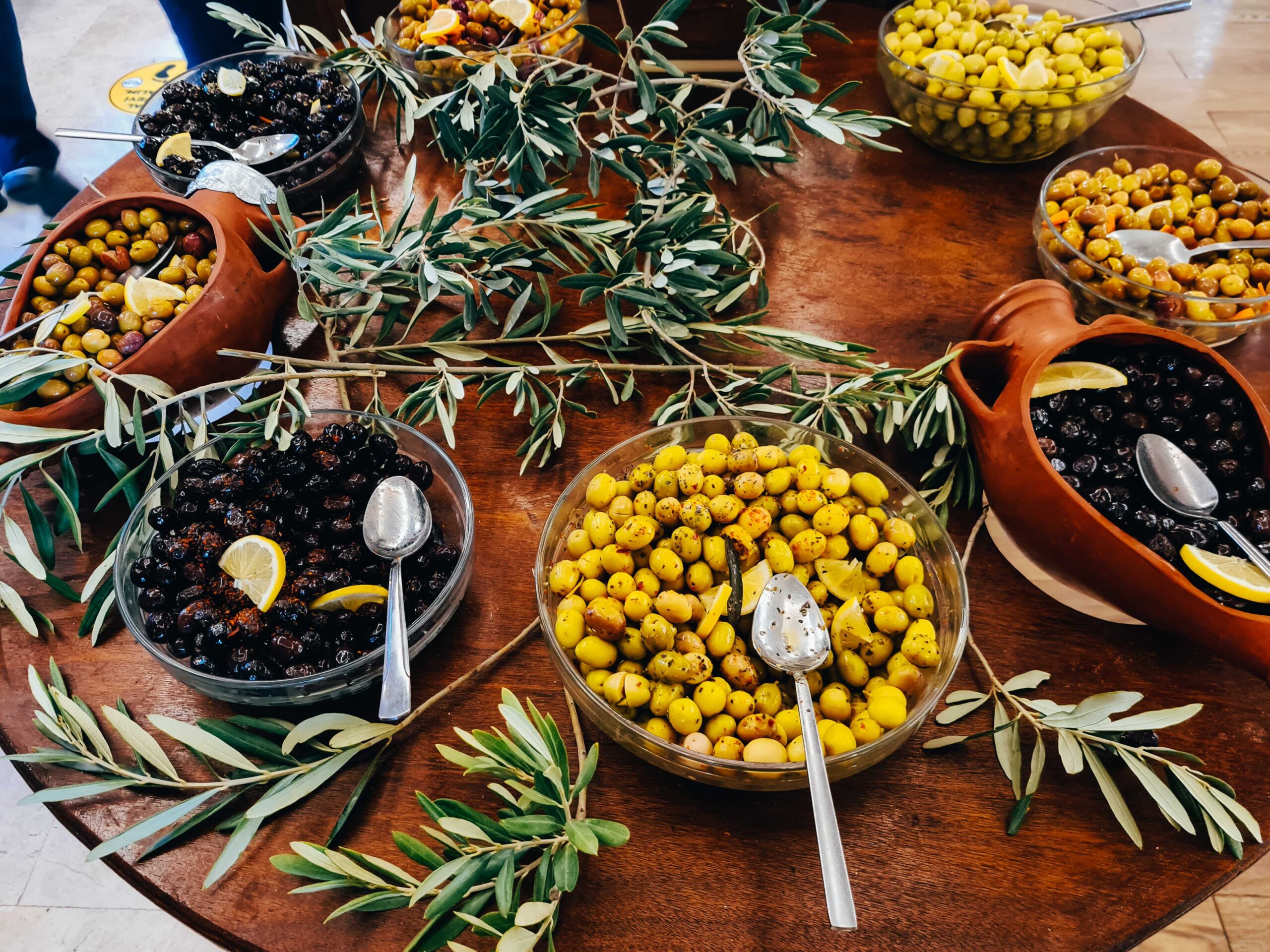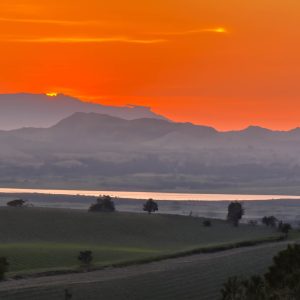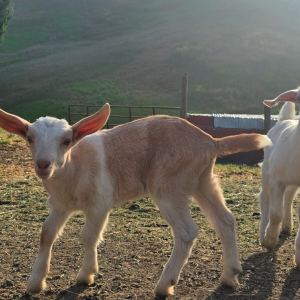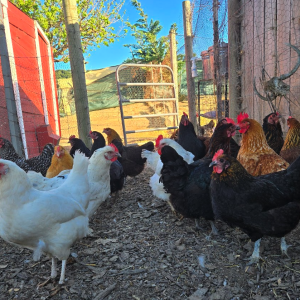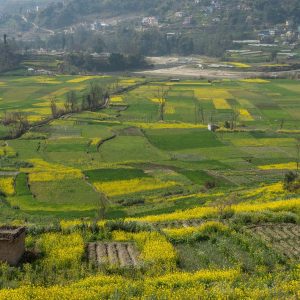Traveling with a focus on olive oil in Turkey is a fantastic idea, as Turkey is one of the world’s leading producers of high-quality olive oil. The country has a rich history of olive cultivation, dating back thousands of years, and its Mediterranean and Aegean regions are particularly famous for their olive groves. Here’s a guide to help you plan your olive oil-focused trip to Turkey:
1. Best Regions to Visit for Olive Oil
- Aegean Region: The heart of Turkey’s olive oil production. Key areas include:
- Ayvalık: Known as the “olive oil capital” of Turkey, Ayvalık produces some of the finest olive oil in the country. Visit local olive oil factories and taste fresh, cold-pressed oils.
- Edremit: Famous for its golden-green olive oil, this area is home to the “Ayvalık” and “Edremit” olive varieties.
- Bergama: Another historic area with olive groves and ancient ruins.
- Mediterranean Region:
- Antalya: While more famous for its beaches, Antalya also has olive groves and produces high-quality olive oil.
- Mersin: Known for its olive oil and citrus production.
- Marmara Region:
- Gemlik: Famous for its black olives and olive oil, Gemlik is a must-visit for olive enthusiasts.
2. Olive Oil Experiences
- Olive Oil Tastings: Many olive oil producers and cooperatives offer tastings. Look for “naturel sızma” (extra virgin olive oil) for the highest quality.
- Olive Oil Festivals:
- Ayvalık Olive Oil Festival (usually held in September or October): Celebrate olive oil with local producers, food, and cultural events.
- Edremit Olive Oil Festival: Another great event to learn about olive oil production and taste local varieties.
- Olive Oil Museums:
- Adatepe Olive Oil Museum (Küçükkuyu, Çanakkale): A small museum dedicated to olive oil production, with tastings and a shop.
- Farm Visits: Arrange visits to olive farms to see the harvesting and pressing process (typically from October to December).
3. Culinary Experiences
- Olive Oil-Based Dishes: Try traditional Turkish dishes that highlight olive oil, such as:
- Zeytinyağlılar (olive oil-based vegetable dishes): Dishes like zeytinyağlı enginar (artichokes with olive oil) and zeytinyağlı taze fasulye (green beans with olive oil).
- Mezes: Many Turkish mezes are made with olive oil, such as haydari (yogurt dip) and acuka (spicy tomato and walnut spread).
- Olive Oil Breakfasts: Enjoy a traditional Turkish breakfast with olives, olive oil, and fresh bread.
- Cooking Classes: Join a cooking class to learn how to use olive oil in Turkish cuisine.
4. Shopping for Olive Oil
- Local Markets: Visit farmers’ markets in olive-growing regions to buy fresh, high-quality olive oil directly from producers.
- Olive Oil Brands: Look for reputable Turkish brands like Komili, Natura, and Taris.
- Olive Oil Soaps and Cosmetics: Turkey is also famous for olive oil-based soaps and skincare products. These make great souvenirs.
5. Cultural and Historical Connections
- Ancient Olive Trees: Visit ancient olive groves, some with trees that are hundreds (or even thousands) of years old.
- Historical Sites: Explore ancient cities like Ephesus and Pergamon, where olive oil was a key part of daily life and trade.
- Olive Oil in Turkish Culture: Learn about the cultural significance of olive oil in Turkish traditions, from cooking to religious practices.
6. Practical Tips
- Best Time to Visit: The olive harvest season (October to December) is the ideal time to witness olive oil production.
- Transportation: Rent a car to explore olive-growing regions at your own pace.
- Language: Learn a few basic Turkish phrases related to olive oil, such as zeytinyağı (olive oil) and sızma (extra virgin).
7. Suggested Itinerary
- Day 1-3: Ayvalık and Edremit (olive oil tastings, farm visits, and Adatepe Olive Oil Museum).
- Day 4-5: Bergama (ancient ruins and olive groves).
- Day 6-7: Çanakkale and Troy (historical sites and olive oil experiences).
- Day 8-10: Antalya or Mersin (Mediterranean olive oil and coastal relaxation).
Turkey’s olive oil culture is deeply rooted in its history, cuisine, and daily life. By focusing on olive oil during your trip, you’ll not only enjoy delicious flavors but also gain a deeper appreciation for this ancient tradition. Safe travels!

